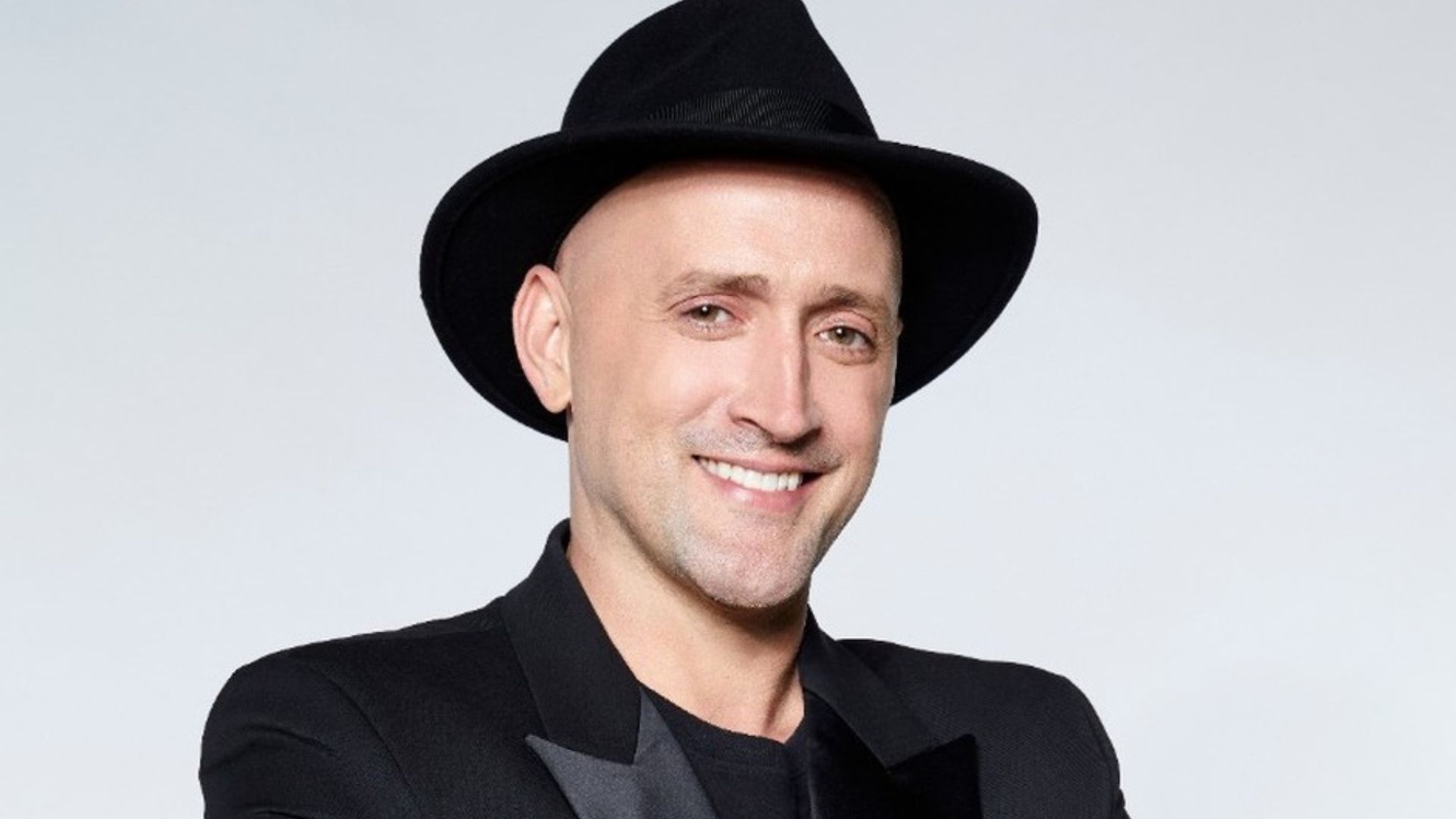The strange one The case of the foreigner
The case of the foreigner is the first feature film directed by Brandt Andersen, activist, producer and screenwriter and then director. It is the adaptation of his short film Refugeenoted and awarded at several festivals. An experienced producer, Brandt Andersen also, in the early part of his career, founded a start-up, uSight, at the age of 21, which was sold at a high price a few years later. He then owned and operated The Utah Flash, an NBA G League franchise, between 2005 and 2012, another successful venture. Today he is in a committed cinema that invests its skills, its resources and makes them available The case of the foreigner one of the greatest dramas of the 21st century on screen: the migration crisis in the Mediterranean.
More precisely, it relates to The case of the foreigner the intertwined fates of five characters: a renowned Syrian doctor and radiologist, a soldier who questions his loyalty to the Syrian regime, a migrant smuggler and father of a young boy living in Turkey, a dissident poet and finally a Greek guard captain – Ribs.
A great drama that doesn’t look away
The case of the foreigner is divided into five chapters, one for each character and in the order mentioned above. It all begins in Aleppo in 2016, devastated by the Syrian civil war, with Dr. Amira (Yasmine Al Massri). One evening, the apartment where she celebrates her birthday with her family is destroyed by an airstrike. Only she and her daughter survive. Because she treats the wounded on both sides, she is in danger and considered a traitor by the regime. She will therefore have to flee her country with her daughter and cross the border into Turkey. On her way, she will meet Mustafa (Yahya Mahayni). The story of him, a soldier of Bashar Al-Assad’s regime with contradictory feelings and the son of a dissident, constitutes the second chapter.
Third, we meet Marwan (Omar Sy) in Turkey, a ruthless smuggler who charges refugees with a very dangerous passage to Greece… Then follows the fate of Fathi (Ziad Bakri) and his family, who also fled Syria, before us. discover in the last chapter the character of Stavros (Constantinos Markoulakis), captain of the Greek navy based in Lesbos.
We particularly remember the performances of Yasmine Al Massri and Yahya Mahayni, the doctor and the soldier, extraordinary intensity and precision.

The events are terrible and the images are harsh. Brandt Andersen, despite this division that breaks the linearity of the story, does not really enter into suggestion or subtlety, and the explicit images follow one another. Aerial bombings, summary executions, ultra-risky night navigation…
A “cinematic” look?
One thing is not to look away, another is the question of the nature of that look. In fact, at the end of the screening of The case of the foreignerAfter a standing ovation, some spectators said they were moved and very moved, others noted that it was important to show these images to become aware of all the horror of this reality. Another part criticized the sensationalist aspect of the film, based on the family ties of each character. The film therefore worked well: the emotion is present, and The case of the foreigner is debated. And this debate is important because it touches the very nature of cinema.
Indeed, The case of the foreigner shows images, in a fiction, that are otherwise very – too – well-known. A corpse lapped by the waves, Aleppo destroyed, bodies of dissidents shot, exhausted Greek rescuers… So, what does it show? The case of the foreigner that we have not already seen, in continuous information channels or in documentaries? Brandt Andersen’s film wants to tell us that this situation is horrible, it bears witness to it. But, even more so because it is not a documentary film, and obviously not a BFM reportage, what is the “cinematographic” aspect provided by The case of the foreigner Does it show something “more” or different?
Disturbing and paradoxical
This is the paradox of The case of the foreigner. Certainly very moving, because it appeals to the humanity of the audience and offers it to them easy identification developing their own for each character family fiber (everyone is a parent or, in the case of the soldier, a child), probably offers nothing more than the visual description – this one has the merit of being almost exhaustive but the defect of being sensationalistic – of a terrible leak. By relying excessively on the obvious and seeking emotion at all costs, Brandt Andersen produces a film with considerable resources and demonstrates an honorable ambition. But from producer to director the step is certainly more than one.
Source: Cine Serie
Ray Ortiz is a journalist at Gossipify, known for his coverage of trending news and current events. He is committed to providing readers with accurate and unbiased reporting, and is respected for his ability to keep readers informed on the latest news and issues.








![A Better Life Preview: What’s in store for Tuesday, November 4, 2025 Episode 456 [SPOILERS] A Better Life Preview: What’s in store for Tuesday, November 4, 2025 Episode 456 [SPOILERS]](https://fr.web.img2.acsta.net/img/e0/d0/e0d004677b72ee91fa84c48063af3e15.jpg)
